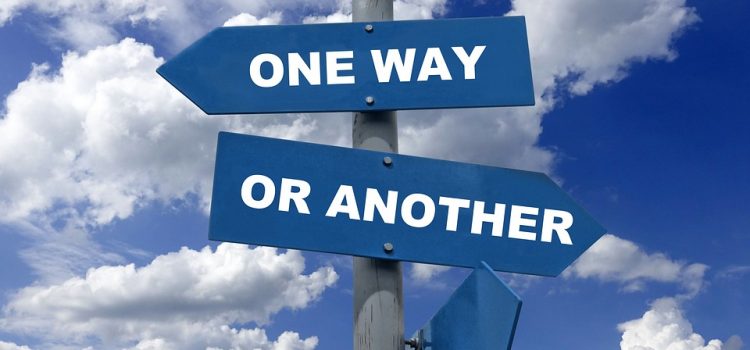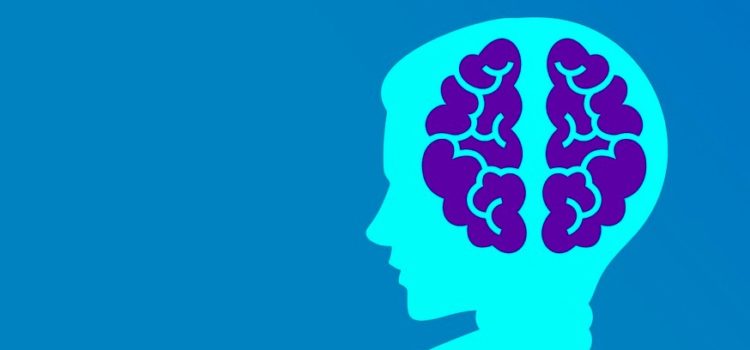What is alternative blindness? How does alternative blindness affect decision-making? Alternative blindness is a decision-making bias where you hone in on two options, neglecting alternatives. This bias can manipulate you to follow other people’s plans. It makes Option A seem like your only choice when a different option could actually suit you better. Keep reading to learn about alternative blindness bias, why it happens, and how to overcome it.
Alternative Blindness and Decision-Making










